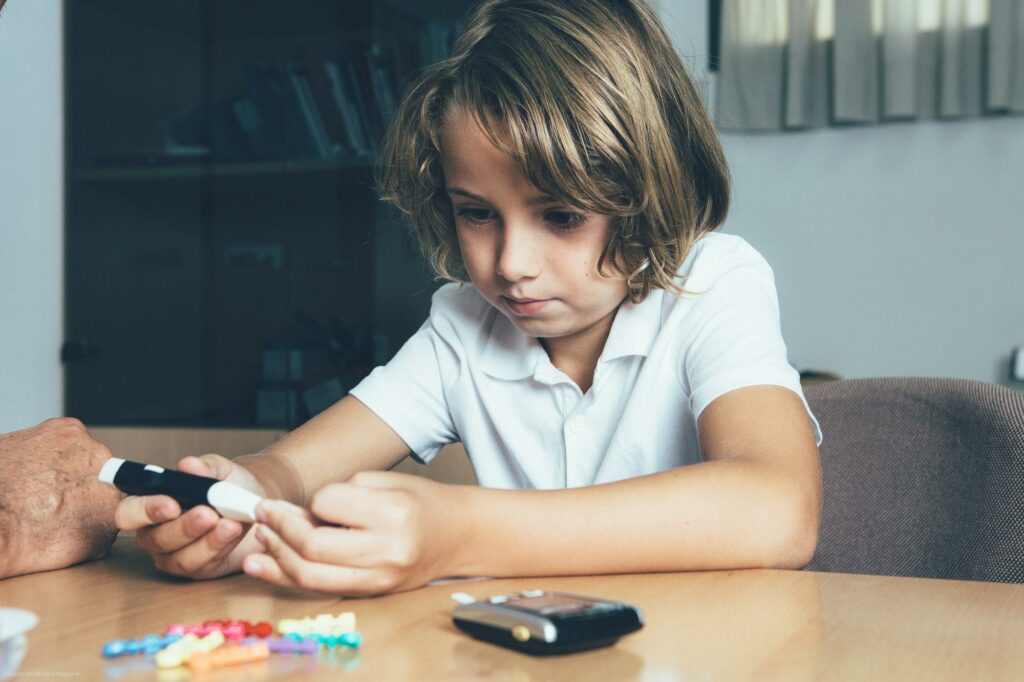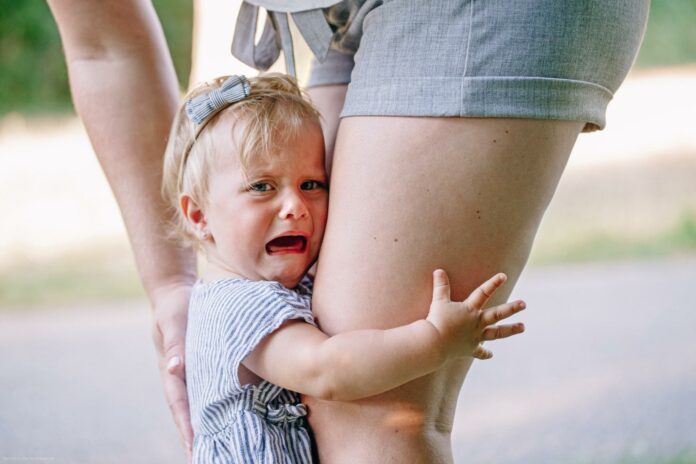Social anxiety is common among children of all ages. Your child may be feeling even more anxious about returning to school. When a child starts school or nursery or moves to a new neighborhood, it’s normal for them to feel nervous or apprehensive.
Even so, anxiety can negatively impact a child’s day-to-day functioning at school, at home, and in social situations. Help a child experiencing social anxiety reduce its manifestations, what triggers it, and how to help solve the issue of social concern among children.
Symptoms of Social Anxiety
When a child is experiencing anxiety, the quality of parent is to notice lots of symptoms and swing into action to help your child overcome this dilemma. Below are various symptoms.
Anxiety is the fear of being judged and perceived by others. It is challenging for children with social anxiety to interact with others in any social setting.
Anxiety in a Social Setting
Understanding how social anxiety manifests is essential. So you can help the children involved. The following are some of the most common symptoms of social anxiety:
- Nausea
- shaking or trembling
- heartbeats per minute
- Sweating \sDizziness
- Overworrying and worrying excessively
- a great deal of shame
- Insane panic attacks.
There is no one-size-fits-all solution to the problem of social anxiety. As a result, we urge you to engage in a dialogue with your child to understand their feelings. Then, you’ll be able to handle your child’s anxiety better, finding ways to soothe them when the feeling arises.

Reasons for Social Anxiety
There are genetic and environmental factors that play a role in developing social anxiety for some people. The following are the most common causes of social anxiety in a child:
- Abuse
- Adopting bad parenting practices
- Past experiences that were either traumatic or stressful
For instance, the past year and a half have added yet another source of anxiety for children worldwide, added with already-existing pressures. A long-term global shutdown brought on by COVID-19 forced them to finish their schoolwork at home, alone, far from their peers and teachers. As a result, children were not exposed to social situations for more than a year, contributing to their social anxiety.
Even if your child is severely affected by social anxiety, you must provide them with the support and resources they require to overcome their fears and anxieties.
Helping a Child With Social Anxiety
When you have noticed any above symptoms, follow these below suggestions as parents to help your children deal with and overcome social anxiety:
Get Your Child a Therapist
Second, enrolling a young child with social anxiety in therapy can be a great way to help them. Counselors are well-versed in dealing with social anxiety, and they can equip your child with the skills they need to deal with their stress in any social setting.
Visit Children Bureau
The Children’s Bureau offers a range of mental health services to children and adolescents from birth to age 21. There is a wide range of mental health tools and resources.
Discuss Social Anxiety with Them
Have a conversation with your child about social anxiety and how to recognize it in their daily lives. To help your child overcome their social fear, teach them to recognize the signs and symptoms so that they can take control of their emotions and their thoughts.
Reward Their Achievements
Rewarding a child’s efforts to manage their anxious feelings and redirect their emotions is another excellent way to help a child cope with social anxiety. You can as well :
- An example of this may be attending a social event or making an effort to be more social, even if it means going against their natural inclinations.
- Encouraging your child to work toward progress rather than perfection can go a long way toward reassuring them that you will always be there for them.
Stopping Social Anxiety Situation
Your child’s social anxiety may not go away completely, but with the right coping skills and encouragement, they can learn to manage it. Your child’s ability to cope with anxiety will be significantly impacted by the level of support you provide, regardless of the situation. Helping your child with social anxiety begins with reading this and following the guides.
Please remember that it is perfectly acceptable to provide your child with the anxiety solution they require to mature and progress in life. As maturity increases, it will help them better understand their feelings and their relationship with others.

